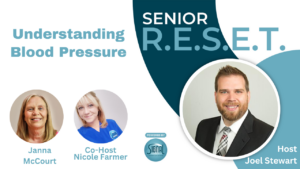Watch Here
Crystal and Austin join us today to explain the differences between Medicare, Medicaid, and The Waiver program. What do you need to qualify for each one, what is the difference between them, and how to find information to apply?
Highlights:
{02:56} The gap in services when a patient is discharged from the hospital.
{10:29} Medicare and Medicaid Overview
{16:46} What is the best option, Medicare, or Medicaid
{20:46} The different types of waivers
{23:50} Medicare and Medicaid for children or disabled dependent adults.
{27:40} Medicaid vs Medicaid Waiver
{33:17} How to find local division on aging in your area.
{36:54} Medicaid waiver differences state by state
Listen Here
Crystal Lane Bio
Crystal Lane, LPN, CCM, CEO/OWNER of IHCS. Crystal, a nurse of 33 years, is passionate about reaching the seemingly unreached in today’s society by providing them with medical education and awareness, communication with professionals, and quality care coordination under the provider title Integrated Health Care Coordination and the Medicaid Waiver. Crystal and her company are currently serving the entire state of Indiana and are expanding to 41 different states and two US Virgin Island territories to assist a number of individuals across the region.
Connect with Crystal:
E-Mail: crystal@Ihcsindiana.com






